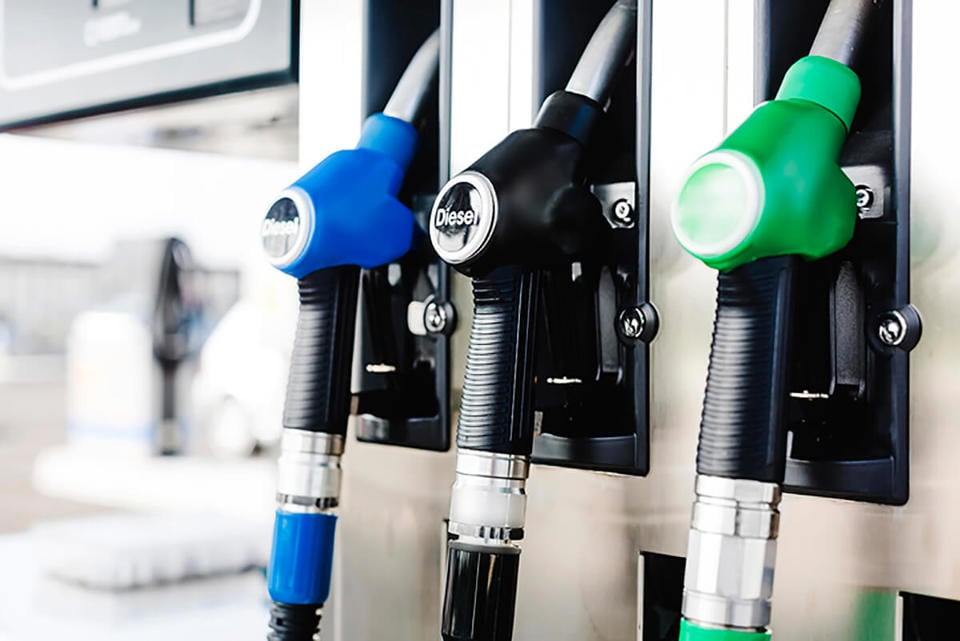Industry experts are warning fleets to prepare for continued increases in the price of fuel in the UK this year.
Cuts in global fuel production and political uncertainty are expected to have a knock on effect at the pumps pushing the price of diesel to between 120p and 130p a litre. The average price for petrol was 117p and the average price for diesel was 119p as Fleet News went to press.
Both the AA and Petrolprices.com have predicted the price jumps due to the decision by the Organization of the Petroleum Exporting Countries (OPEC) to cut oil production, the impact of President-elect Trump being voted in and the uncertainty around Prime Minister Teresa May triggering Article 50 before the end of March.
UK fuel prices are intrinsically linked with the price for a barrel of oil, which is traded in US dollars.
OPEC is an inter-governmental organisation of 13 nations based across the Middle East, Africa and South America. It produces 40% of the world’s crude oil and controls more than 70% of the world’s crude oil reserves.
The 13 nations have agreed to OPEC’s first output cut in eight years in a bid to reverse the global decline in oil prices. It will see the group reduce production by 1.2 million barrels a day from the start of this month.
The scarcity of oil will, in turn, drive up the price per barrel and this will make it more expensive at the pump. At the time of writing the price for a barrel of oil was $53.30 (£43.39).
Luke Bosdet, fuel spokesman for The AA, expects this to increase to US$60 (approx £48)this year. A $10 (£8) rise in the cost of a barrel of oil can move the pump price by around 5-6p.
He said: “The other thing to look at specifically on diesel is the price of biofuel. It makes up around 4.75% of diesel fuel and there has been a rubbish harvest of oil seed. That scarcity can also push the price up by another 1-2p per litre for diesel.”
Jason Lloyd, Petrolprices.com managing director, said fleets can expect “a difficult year” for fuel costs. However, both he and the RAC are not expecting prices to reach the eye-watering highs of 148p a litre like they did during the 2012 oil strikes (see chart below).
Lloyd said: “Trump will be sworn in as President on January 20. How prices will be affected will depend on his protectionist policies for oil and gas production in reaction to the OPEC deal.
“The decision in March on whether Article 50 is triggered will also be likely to cause fluctuations. The value of the pound will likely fall against the dollar if it is triggered, pushing fuel prices upwards.”
Lloyd said it is also possible prices could fall if Brexit is not triggered as the markets become more confident the UK is moving towards a “soft Brexit” with partial involvement in the EU.
RAC fuel spokesman Simon Williams wouldn’t go as far to put an exact figure on an increase, but said fleets should expect uncertainty this year.
The RAC’s analysis suggests prices may well rise going into the New Year, which happened the last time there was an oil production cut in 2008.
Williams said: “On the other hand, the higher oil price, which will be the inevitable result of the six-month OPEC cut, will enable the USA to put more fracking rigs back into action.
“This, of course, is what the over-production strategy was designed to prevent and may well ultimately lead to OPEC reversing its decision and upping production again when it meets in May. If that happens, fuel pump prices may not rise as sharply as some are predicting.”
Eduarda Amaro, Lex Autolease principal consultant, said fleets can prepare for fluctuations in fuel prices, which can make up to 25% of costs, by making sure they run their fleet as efficiently as possible based on wholelife costs.
Amaro also said businesses that are not currently using fuel cards could look at whether they would help to reduce costs by using data collected to help improve driver behaviour and efficiency.
While the spring Budget is still a way off and will be replaced later in the year by a new autumn one, Amaro is predicting fuel duty will continue to be frozen into 2018 because of the expected increases in the price of fuel this year.
She said: “With prices rising at the pumps hitting drivers with the double whammy of that and an increase in duty would be too much.”


















Login to comment
Comments
No comments have been made yet.